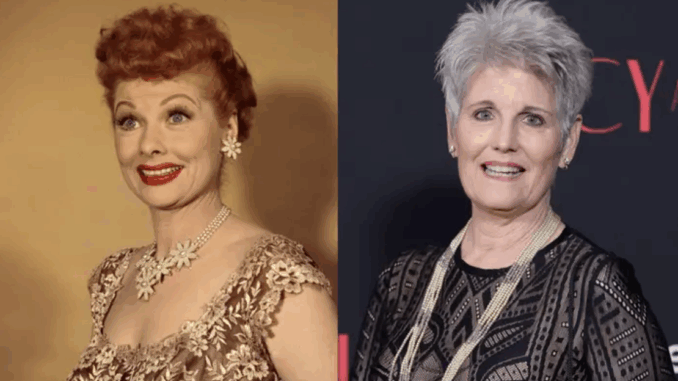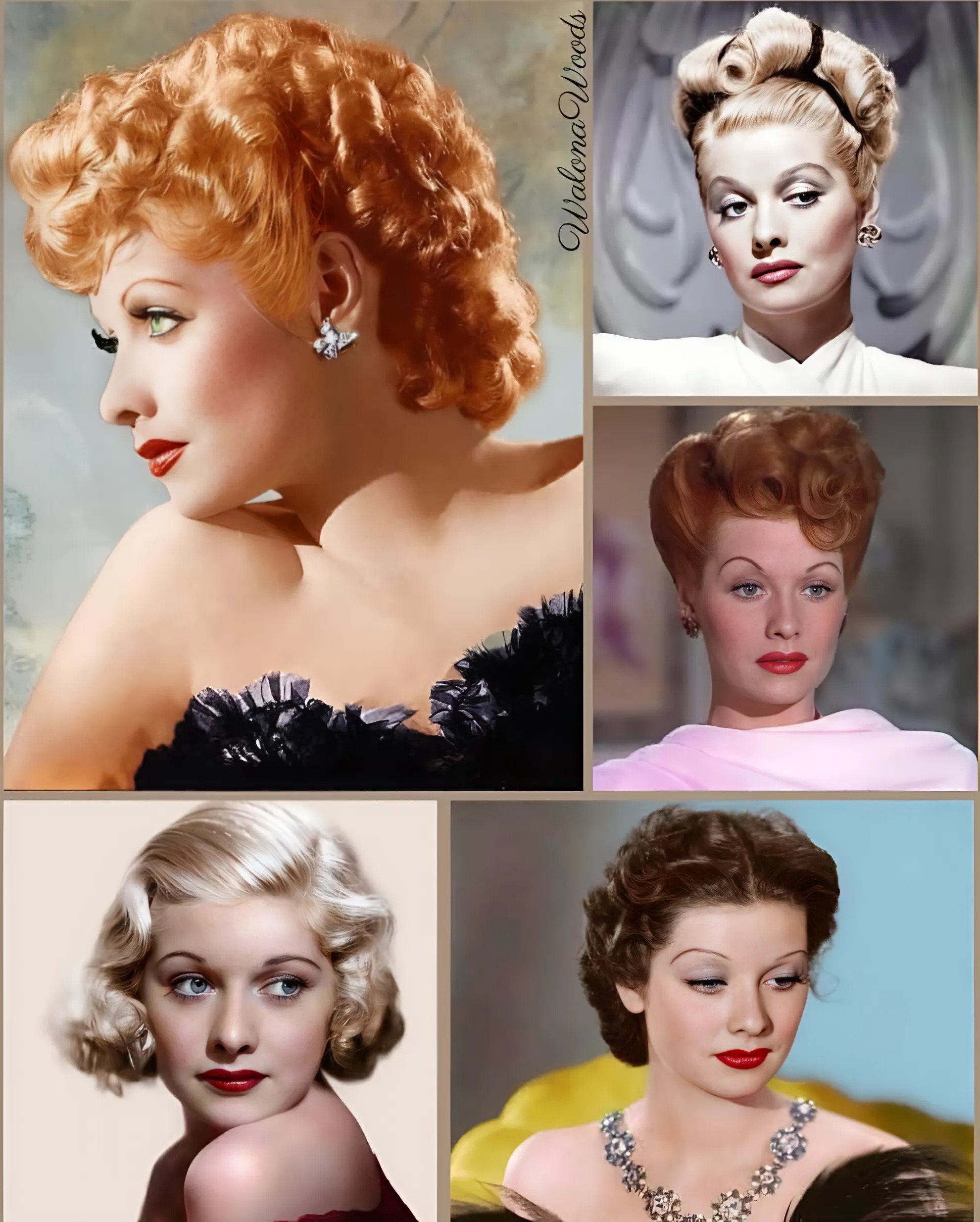
It’s almost impossible to imagine American television without Lucille Ball, the groundbreaking comedian who brought laughter and light to millions. Yet, astonishingly, this powerhouse once faced a harsh reality: she was often dismissed as “not pretty enough to be a star.” Her journey from a struggling model to a television titan, and then to one of Hollywood’s most powerful women, is a testament to her sheer talent, resilience, and an unwavering belief in herself.
Ball’s career kicked off modestly in 1929 as a model. Despite her striking presence, she struggled to break through in the cutthroat film industry of the 1930s and 40s. Studios often pigeonholed her into minor roles—a chorus girl here, a bit part there—because, according to some, she simply “lacked star quality” or the conventional beauty standards of the era’s leading ladies. She wasn’t the typical Hollywood blonde bombshell, and it cost her opportunities early on.
But Lucille Ball was far more than just a pretty face; she was a comedic genius waiting for her moment. That moment arrived in the 1950s with the creation of I Love Lucy. This revolutionary sitcom, which she co-created with her husband Desi Arnaz, wasn’t just a hit; it changed television forever. Ball’s rubbery facial expressions, impeccable timing, and fearless physical comedy were unlike anything audiences had ever seen. She proved that you didn’t need to fit a mold to be captivating; you just needed to be brilliant. I Love Lucy not only made her a household name but cemented her status as a comedic legend.
Breaking Barriers: A Woman at the Top
Her impact, however, extended far beyond the laughs. In 1962, Lucille Ball made history when she became the first woman to run a major television studio, Desilu Productions. After her divorce from Arnaz, she bought out his share, taking full control of the company. This was an unprecedented move for a woman in Hollywood at the time, a true “girlboss” before the term even existed.
Under Ball’s visionary leadership, Desilu Productions became a powerhouse, responsible for producing some of the most iconic and enduring shows in television history, including the sci-fi phenomenon Star Trek and the spy thriller Mission: Impossible. Her business acumen was as sharp as her comedic wit, proving that talent and leadership know no gender.

Lucille Ball’s story is the ultimate underdog triumph. She defied the narrow beauty standards and industry gatekeepers who tried to tell her she wasn’t good enough. Instead, she blazed her own trail, redefined stardom on her own terms, and built a legacy that continues to inspire. She wasn’t just a queen of comedy; she was a queen of industry, proving that true star power comes from within.